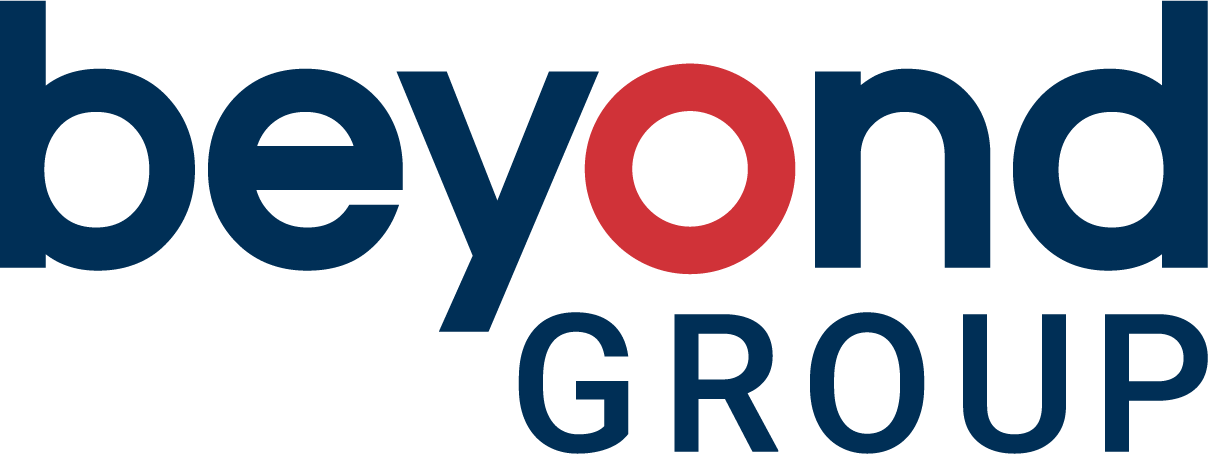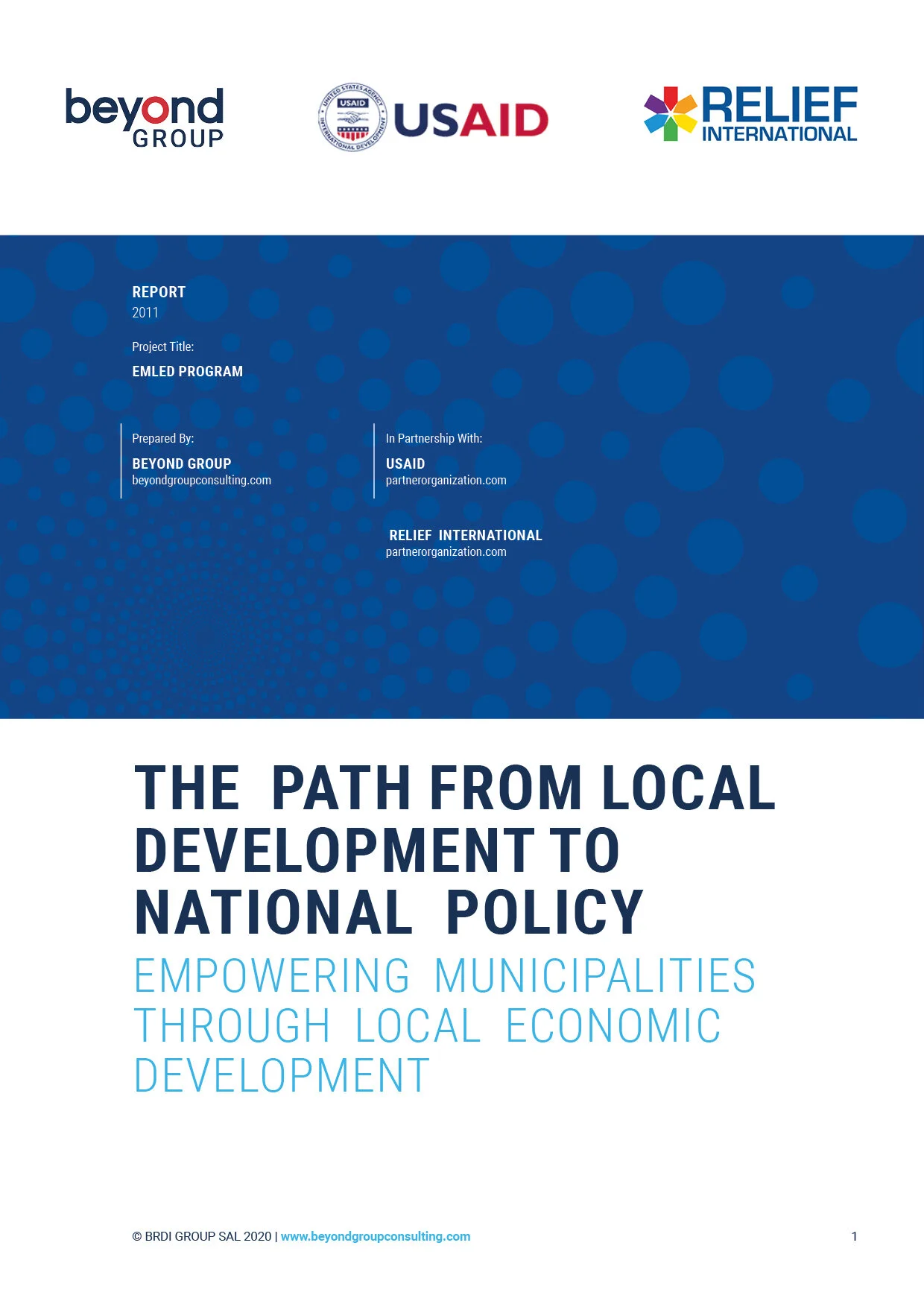EMLED - Empowering Municipalities through Local Economic Development
EMLED Program
EMPOWERING MUNICIPALITIES THROUGH LOCAL ECONOMIC DEVELOPMENT
This publication is the result of an exercise of dialogue and reflection, with program partners, key stakeholders, beneficiaries and staff, conducted by Relief International in partnership with Beyond Group (previously Beyond Reform and Development), to collect and compile lessons learned and to capture the outcomes and lessons learned of a three year program aimed at Empowering Municipalities Through Local Development (EMLED) in Lebanon. This report is an abridged version of a 150 page publication that addresses development organizations, civil society and government agencies across Lebanon.
The knowledge and experiences emerging from the Lessons Learned exercise have been elaborated through three chapters that essentially highlight the following themes:
Local Development is based on Constructive Dialogue and Proactive Participation
Development Mantra 1: Constructive and inclusive dialogue among community, civil society and local authorities, that builds reciprocal trust and empowerment, enhances local capacities for making informed choices and nurtures people’s will to choose, is an essential prerequisite for good governance and sustainable local development.
Through community based outreach, consultative processes, local capacity building, creating an enabling environment and carrying out financial interventions across 130 municipalities/ villages in Lebanon, Relief International created platforms and mechanisms of interaction among communities and their municipalities. RI‟s methodology of facilitating constructive dialogue and proactive participation contributed to increased community engagement and municipality effectiveness for a local economic development based on common local interest and a wider community consensus.Economic Development is based on Linking Local Resources to Global Value Chains
Development Mantra 2: When communities, experts, public authorities and the private sector work in partnership to create the enabling environment that strengthens the social (political, cultural, human), economic and natural capital, providing equal opportunities and permitting healthy competition among economic actors, then economic development becomes a reality.
Through sector specific value chain analysis in rural economic sectors, Relief International in partnership with International Resources Group, conducted 17 Case Studies: in tourism, mushrooms, dairy, poultry, olive, honey, pine nuts, apple, flowers, kiwi, sweet corn. These Case Studies, based on stakeholder consultations and supported by technical assistance and financial interventions, have created new economic opportunities in Lebanon‟s target rural areas, contributing to improved local livelihoods and an increase in incomes and jobs. Case studies coupled with investment priorities identified by citizens can help determine real needs and economic opportunities in rural areas.National Policies Must be Coherent with Community Needs, Rights and Assets Development Mantra 3: Development is Sustainable when National Policies are anchored in People’s Vision for development and are coherent with community needs and rights, responding to today’s demands while preserving community assets and resources, such that the ability of future generations to meet their needs is not compromised.
When national policies contribute to empowering communities and foster good local governance through local development, it becomes possible to use local resources efficiently and effectively for sustainable national development. As capacity of people is strengthened and their voices begin to be heard, they become capable of being owners and managers of their resources and of choosing the life they have reason to value. Constraints exist at the policy level that impinge on the rights of people to organize, access information, own and manage assets and participate fully as members of civil society. The more people are involved upstream in the planning and decision making process, inform and improve policies, legislative frameworks and implementation processes and procedures, the more likely they are to own a development intervention, contribute to it and sustain it. Efforts are thus required to create an enabling policy environment that allows all stakeholders to participate as active partners of development processes.

